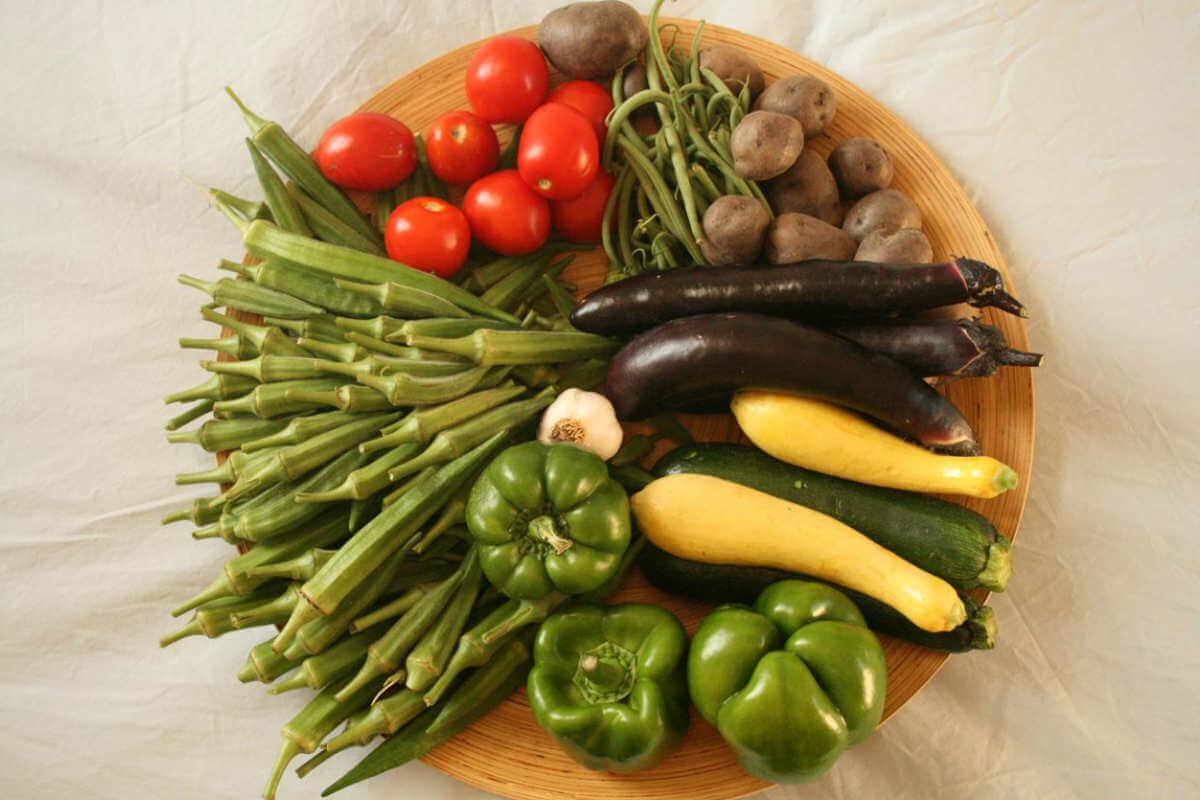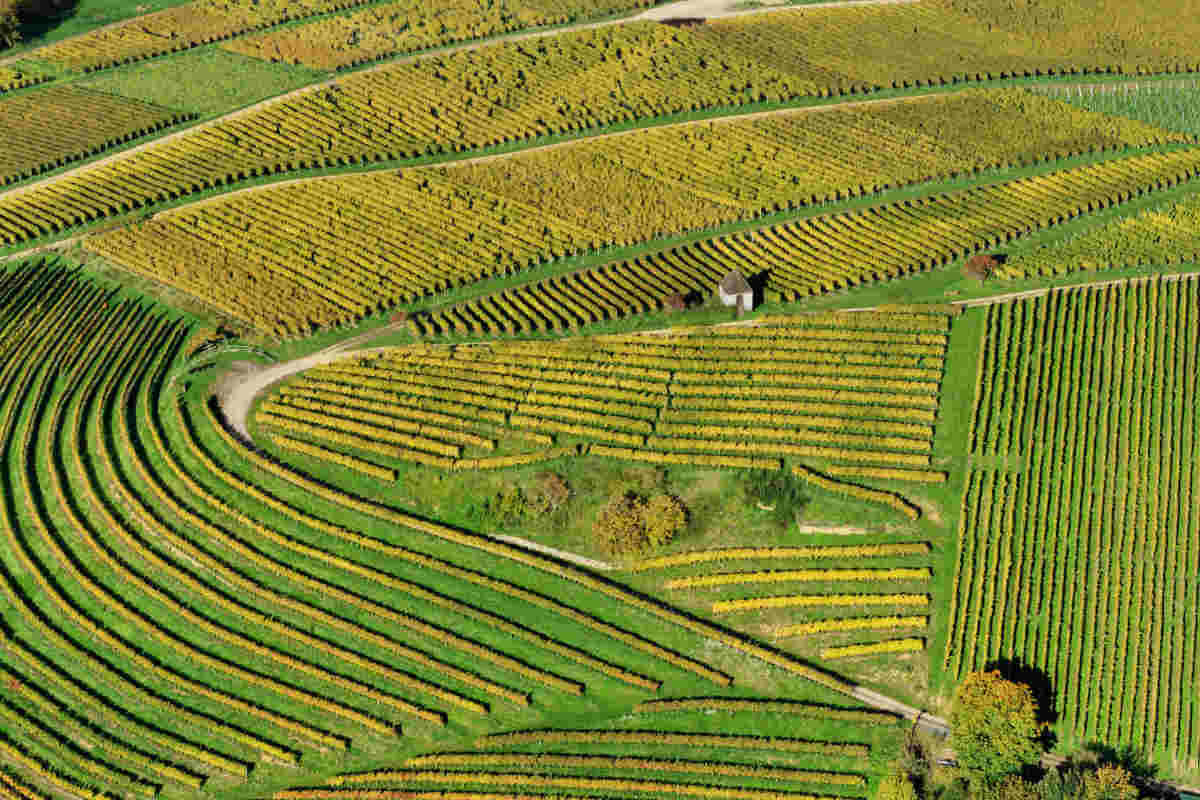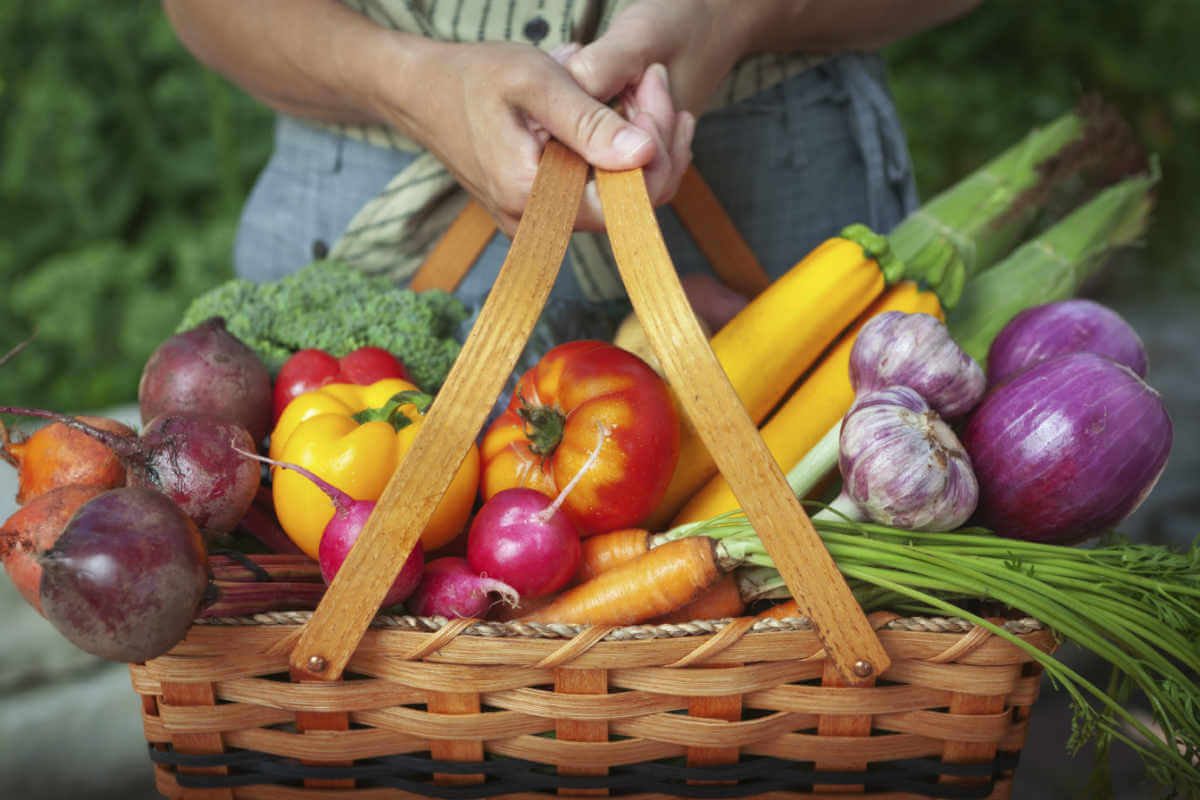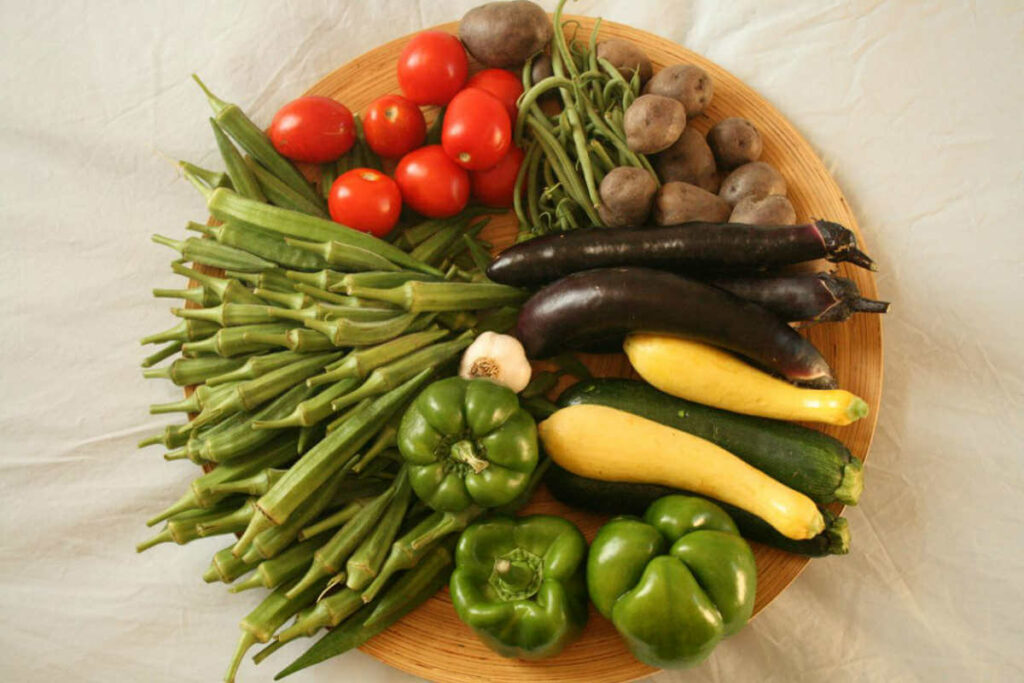Health
Biodynamic Farming and Nutrition | Possible
Medically reviewed by Shanmukha Priya, M.Phil and Ph.D. in Food Science and Nutrition
In this day and age, many of us long to know more about where our food comes from and how it is grown – is it organic or not, which fertilizers or pesticides are they using, where is the farm located and so forth.
Biodynamic is yet another certification that is believed to go beyond organic and other green agricultural methods.

Biodynamic Farming
Biodynamic farming/agriculture is “an ecological farming approach that views each farm as a living organism.
The health and well-being of the farm animals, the farmer, the farm and the Earth are all viewed as integral parts that make up the whole”.
How Biodynamic farming differs from other agricultural practices
Unlike organic farming it not only aims to avoid harming the environment but also, strives to create a sustainable, diversified and balanced ecosystem in a holistic manner to promote health and fertility.

In order to achieve these objectives, biodynamic farmers
- do not use any synthetic chemical pesticides, synthetic fertilizers or genetically modified material,
- emphasize on specific, farm-made solutions for pest control, soil health and fertility,
- try to reduce the volume of imported materials and to nurture the potential of the farm’s own resources, which include water and biodiversity,
- set aside at least 10% of their land for biodiversity.
Where does nutrition fit in?
Malnutrition begins with the soil
The aggressive development of numerous chemical pesticides and insecticides was anticipated to increase yields.
Unfortunately, the extensive use of chemicals was accompanied by an unanticipated decrease in nutritive value of the agricultural produce and gradual deterioration of soil quality.
This turned into a vicious cycle because when the soil is adequately nourished with optimal of humus, crops do not suffer from diseases, and do not require pesticides to keep pests at bay.
However, the soil continued to deteriorate and we continued to use pesticides in increasing amounts.
Analysis from the Environmental Working Group confirms that fruits and vegetables produced by conventional agriculture can contain considerable amounts of various pesticides and herbicides.
Thus proving to be deleterious to health.

Vitamins and Antioxidants
Time and again we have been told that vegetables and fruits are the best sources of vitamins and antioxidants.
However, with the widespread use of pesticides, plants were no longer required to defend themselves by producing their own antioxidants.
Biodynamic farming reinstates the normal antioxidant synthesis in plants and thereby improve the nutritional content of fruits and vegetables.
Research suggests biodynamic farming has resulted in a 14% and 48% higher content of beta-carotene and vitamin C (antioxidants) respectively.
Minerals
Intensive farming has depleted the soil of minerals like potassium, magnesium, sodium, phosphorus, calcium, copper, and iron. Biodynamic farming aims to restore the normal soil mineral content.
This means minerals are available in the natural form through food instead of artificially added ones.
Natural forms of minerals are easily absorbed and used by our body and thus, functions at its best.
Closing thoughts
It is not springing that foods produced from biodynamic agriculture are not widely available.
After all biodynamic farming is a fairly recent concept. But is our chance at optimizing nutrition intake and helping our planet!
